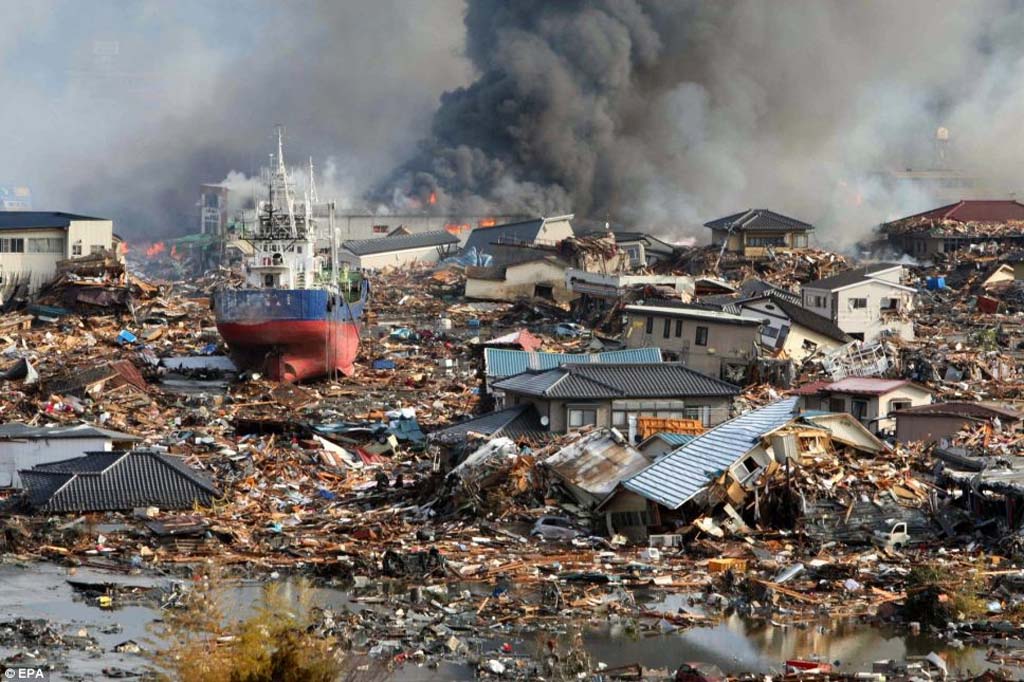Avoiding Devistation

Synopsis:
proposing a great philosophical questions as to the devastation we have recorded in all modern and “advanced” civilizations that existed prior to ours, such as the Mayans, the inhabitants of Easter island, etc.
proposing a great philosophical questions as to the devastation we have recorded in all modern and “advanced” civilizations that existed prior to ours, such as the Mayans, the inhabitants of Easter island, etc. The facts presented are indeed up to interpretation as to the feasibility of them repeating in future civilizations.
One of which that I found particularly interesting is that of the abundance, or lack thereof of food in the projected years. For the instance in reference, the year 2050 has been targeted. It is stated that in that year it is projected that an increase in food production of 70% would be necessary to feed a society that would be 53 percent bigger than ours currently is. Though I believe this is accurate, I don’t necessarily see it being a problem, the advancement of GMO products appropriated to the necessary locations would be sufficient to overcome a large portion of the conventional production we see today. There have as well been proposals of agricultural buildings that are essentially many stories tall with the necessary layout to grow specific foods. These would be centered in highly populated areas to add to the efficiency of producing within cities.
The role of science is a key factor in the strength and stability of a civilization to not only survive, but thrive while maintaining the natural balance that seems to have been initially intended for species’ presence on this planet from the beginning. While it would serve to manipulate such a goal of nature, it can also serve to require the balance. One such notation mentioned within this article is: “ scientists must continually call attention to the need to improve the human epidemiological environment, and for the control and eventual elimination of nuclear, chemical and biological weapons” (1, pg. 7). This is without a doubt undeniable, as well as the lack of such provisions having been attributed to our current civilizations downfall. We have seen the permeant hazards of nuclear weapons as well as nuclear energy. Amongst the travesty of Hiroshima and Nagasaki, the areas where the US government initiated atom bomb attacks on the Japanese front, their society has also seen a nuclear power plant disaster, Fukushima. The Landscape has been irreparably damaged for 5 or so generations down the line.
Noting irreparable damage, the political climate mentioned stating: “perhaps the biggest challenge in avoiding collapse is convincing people, especially politicians and economists, to break this ancient mound and alter their behavior relative to the basic population consumption drivers of environmental deterioration” (2, pg. 8). The need for this knowledge is ever so prevalent in todays society. We have faced the challenged of planned obsolescence for far too long, capitalisms greatest flaw is that of ecological damage. The damage however could be largely avoided if people realized the root of the problem. Some governments of the world have wised up, instilling eco tax that fines businesses for environmental destruction, this of course encourages the owners to peruse more ecofriendly routes in conducting their business.
Lastly, The conclusion that we can avoid collapse in this century is very much a reality. If the right political climate is met with the power of the informed to mound it for the better, the world would begin to change over night. The regressive nature of modern business can be quelled with the correct economic policy, far be it from myself or the author to offer a true solution, though it seems to be that a proper solution without a doubt exists. One thing is for sure, We have quite a bit to clean up from our past in order to have a fresh start for the future.
Reference:1) Can a collapse of global civilization be avoided? Paul R. Ehrlich, Anne H. Ehrlich published 9 January 2013 DOI: 10.1098/rspb.2012.2845